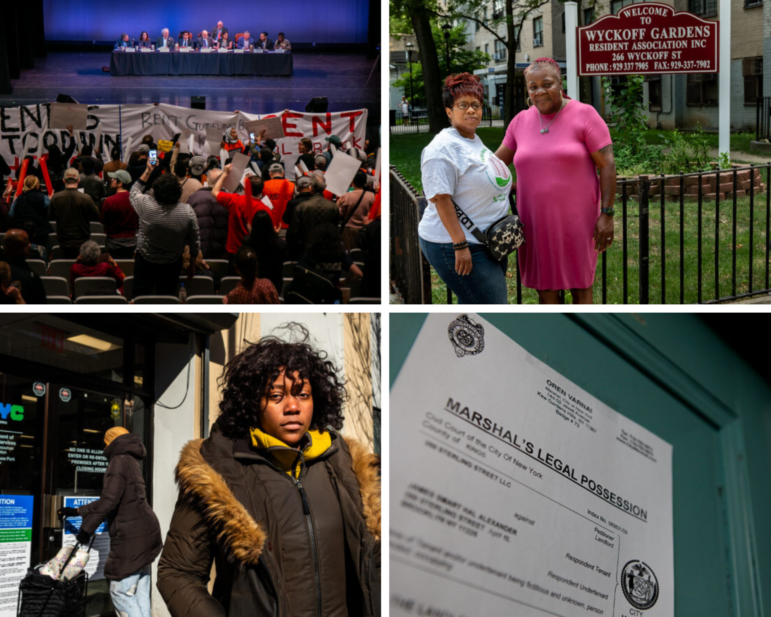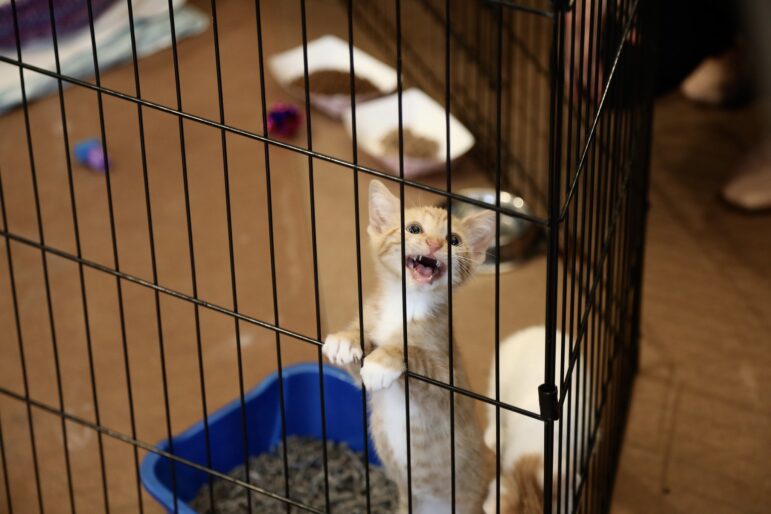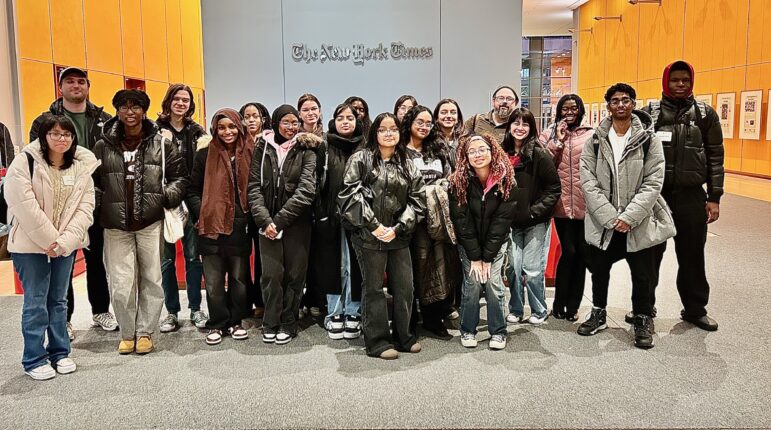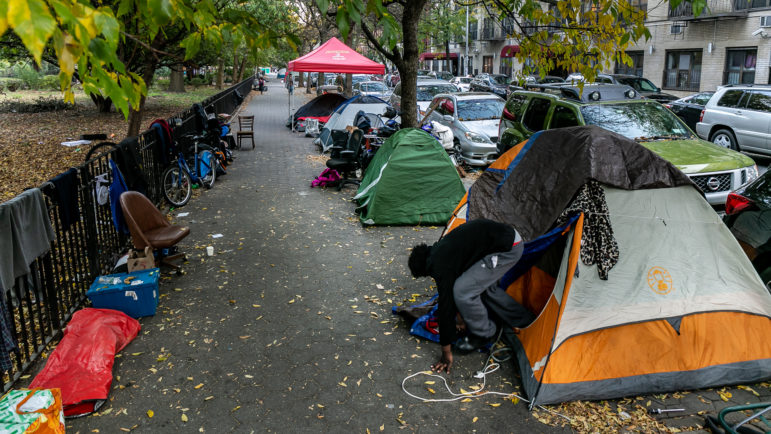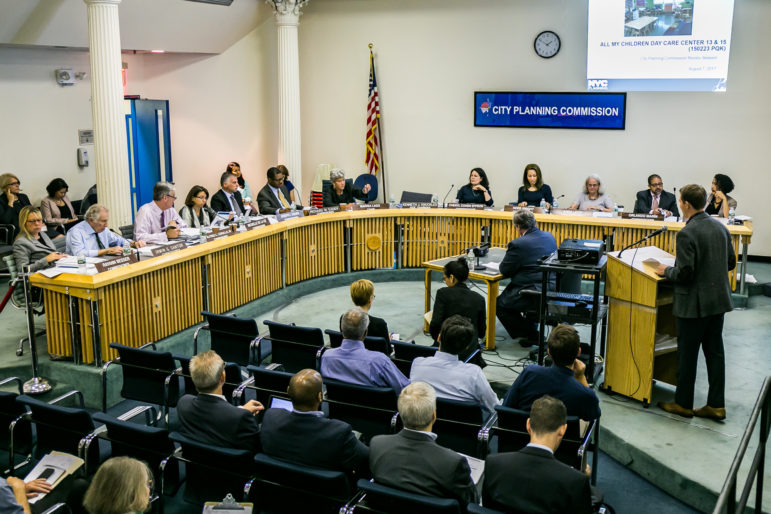It’s not every child custody case that gets Norman Siegel, the Mexican Consulate and The New York Times involved. And just a month ago, it looked like it was going to be one case with a happy ending, when a Bronx Family Court judge issued an order for 60-year-old grandmother Celia Angel to begin the reunification process with her two infant grandchildren, Pedro and Manuella.
The boy would be “paroled” to Angel under supervision of the Administration for Children’s Services, and the girl would begin overnight visits. ACS would also help the grandmother find a new home.
But last Wednesday, Judge Harold Lynch made an abrupt about-face, surprising Angel and a courtroom full of lawyers. Going against his signed order, Lynch decided she was not fit to care for her grandchildren. He remanded the two children to foster care immediately, pending a hearing scheduled for today.
Angel’s lawyer, Joshua Nessen, said that Lynch “wasn’t aware of what he ordered” before, which he attributed, in part, to the heavy caseload Family Court judges typically carry.
The children’s mother, Alma Gonzaga, suffers from schizophrenia and is institutionalized in the Bronx, according to those involved with the case. Reportedly basing his judgement on a single paragraph from an otherwise positive psychologist’s report, Lynch said that Angel did not adequately understand her daughter’s illness and might allow her daughter back into the home, jeopardizing the children.
Child welfare advocates said the judge’s sudden reversal shows the extent to which parents are at the whim of judges. “Judges can be very arbitrary,” said Michael Arsham, director of the Child Welfare Organizing Project, which helps parents navigate the child welfare system. “It would be less of a problem if the deck weren’t so stacked against parents.”
“It encapsulates everything that is wrong with child welfare,” said Ilze Earner of El Faro Beacon Youth and Family Services. “The problem is that there is no scrutiny. There is no accountability.” Earner began trying to help Angel at the request of the Mexican Consulate; she in turn enlisted the help of the American Civil Liberties Union’s Siegel.
Earner pointed out that the mother is confined until the spring of 2000 in a locked facility, and that Angel has said clearly that she will obey all court orders regarding her daughter.
“We share the judge’s concern about the grandmother’s ability to protect these children,” responded ACS spokesperson Leonora Wiener. “We have reason to believe that the grandmother does not fully understand the threat posed by the mother to the children.” Weiner said it is possible for Gonzaga to leave the facility under certain circumstances, although others involved with the case said that is virtually impossible.
Nessen said he is confident an agreement can be worked out to restore the original order before Monday’s hearing. “We still don’t see the overall goal being dropped,” he said. “No one has indicated to me that they don’t share the same goal of the children residing with my client.”


